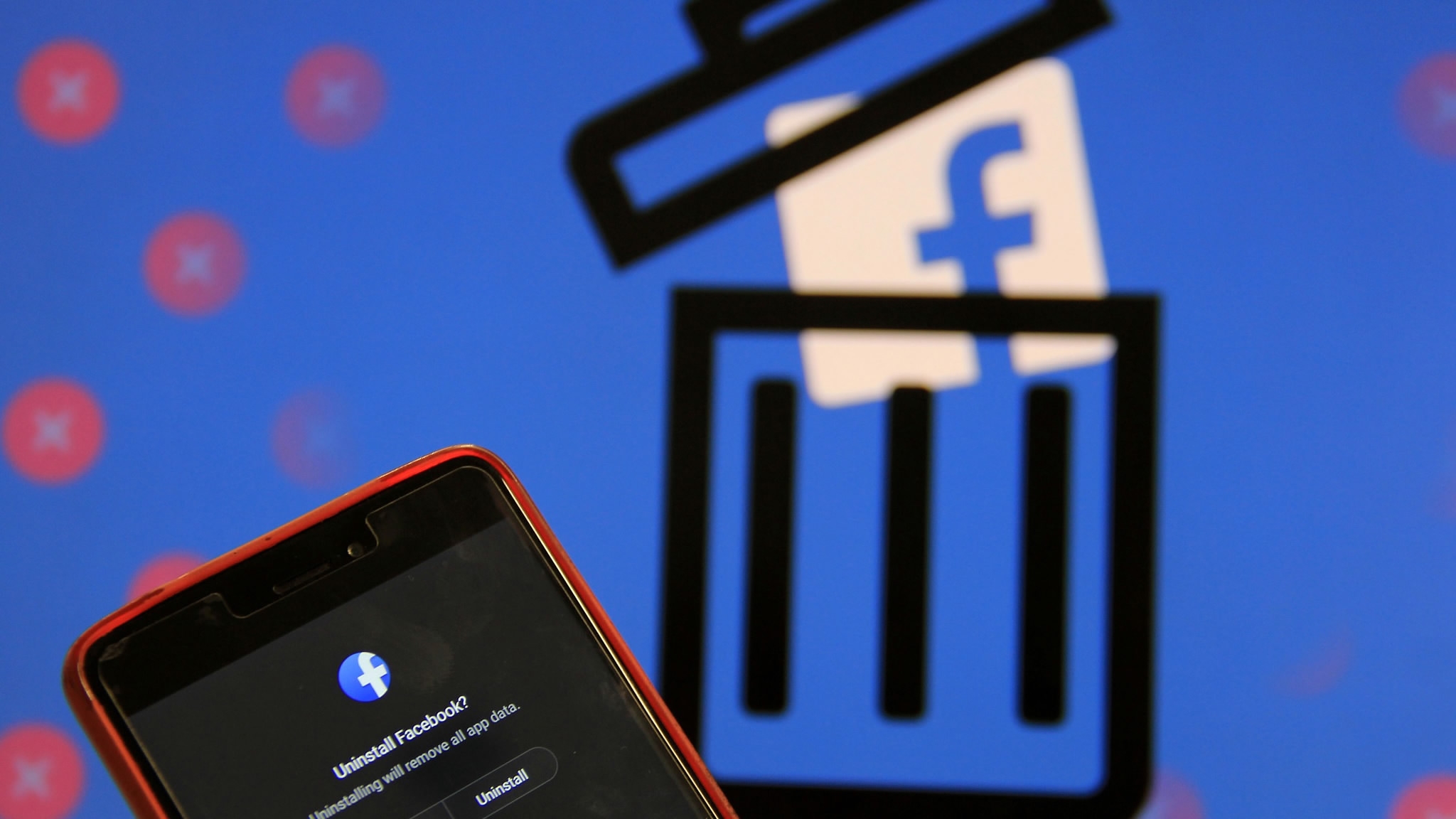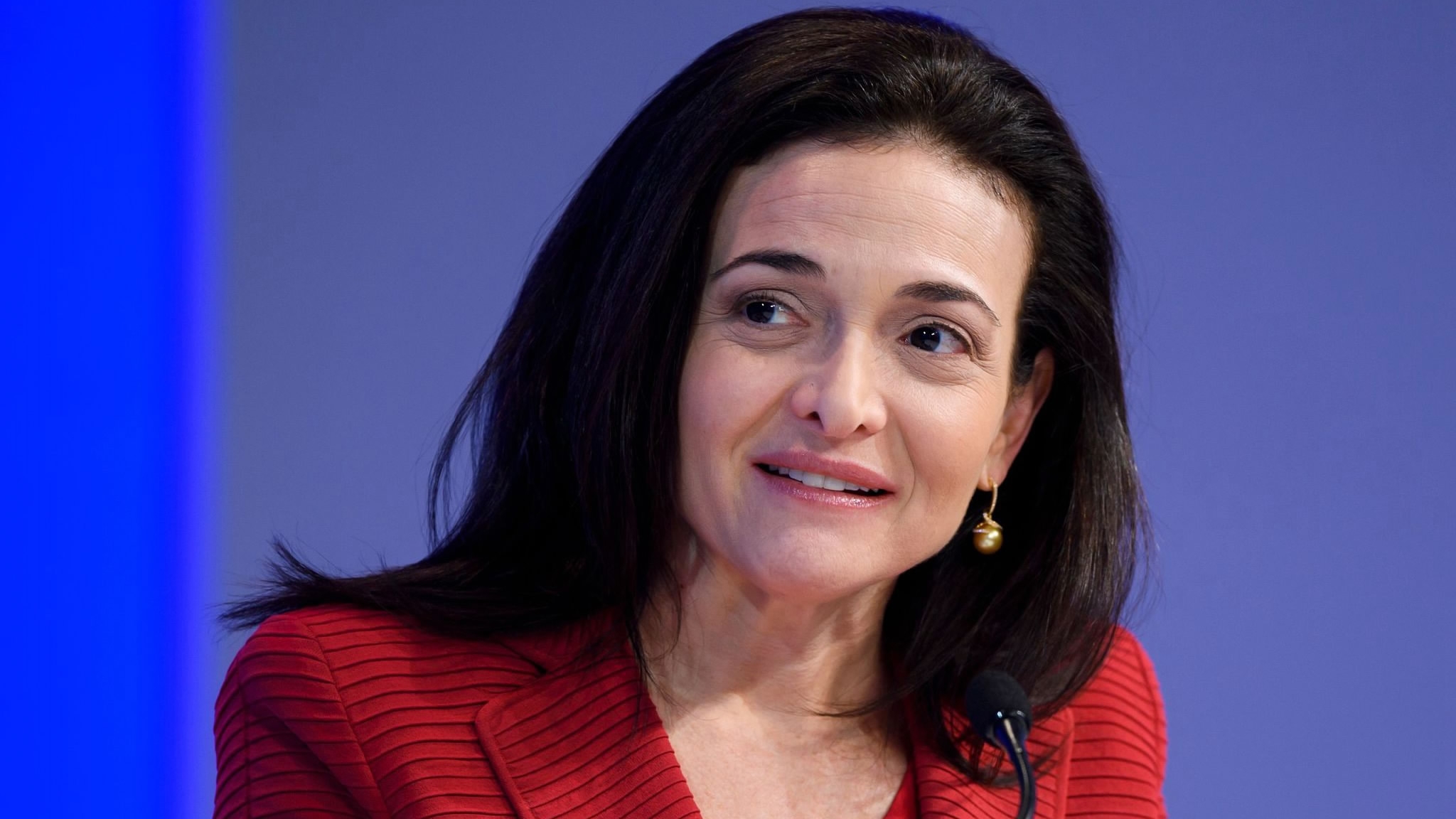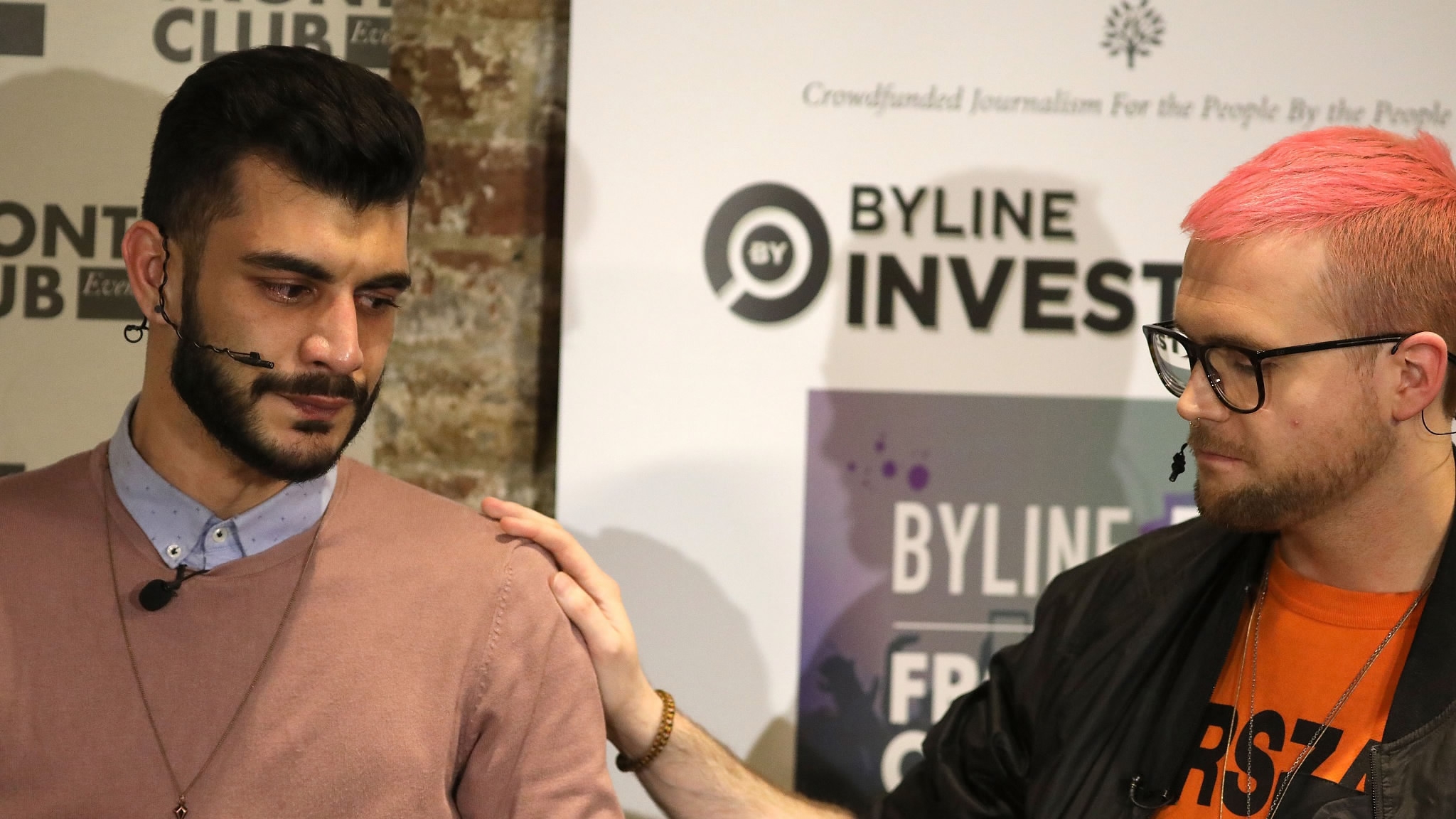
Privacy
22:27, 07-Apr-2018
Facebook to verify identities, require labels for political ads amid crisis of confidence
CGTN

Facebook announced Friday it would require political ads on its platform to state who is paying for the message and would verify the identity of the payer, in a bid to curb outside election interference.
The social network, which is under fire for enabling manipulation of its platform in the 2016 US presidential election, said the new policy would require any messages for candidates or public issues to include the label “political ad” with the name of the person or entity paying for it.
Facebook chief Mark Zuckerberg said the change will mean “we will hire thousands of more people” to get the new system in place ahead of US midterm elections in November.
“We’re starting this in the US and expanding to the rest of the world in the coming months,” Zuckerberg said on his Facebook page, adding that these steps by themselves won’t stop all people trying to game the system, but will make it a lot harder.
A separate Facebook statement said the changes would help improve transparency and accountability of the network around political campaigns.
“We believe that when you visit a page or see an ad on Facebook, it should be clear who it’s coming from,” the statement said.
To get authorized by Facebook, “advertisers will need to confirm their identity and location,” the statement said.
“Advertisers will be prohibited from running political ads – electoral or issue-based – until they are authorized.”
Facebook made the announcement as Zuckerberg prepared to appear before Congress next week to answer questions about the harvesting of personal data on 87 million users by Cambridge Analytica, a British political consultancy working for Donald Trump's presidential campaign.
Separately, Facebook’s Chief Operating Officer Sheryl Sandberg offered fresh apologies to users for failing to do enough on privacy and data protection.

Sheryl Sandberg, chief operating officer (COO) of Facebook. /File photo via VCG
Sheryl Sandberg, chief operating officer (COO) of Facebook. /File photo via VCG
“We know that we did not do enough to protect people’s data,” Sandberg told National Public Radio, “I’m really sorry for that. Mark is really sorry for that, and what we're doing now is taking really firm action.”
On Friday, Facebook said it had suspended Canadian political consultancy AggregateIQ from its platform after reports that the data firm may have improperly had access to the personal data of Facebook users.
Christopher Wylie, a whistleblower who once worked at Cambridge Analytica, said they used to work with AggregateIQ, and that the latter received payment from a pro-Brexit campaign group before the 2016 referendum when Britain voted to quit EU.

Whistleblowers Shahmir Sanni (L) and Christopher Wylie (R) speak during a press conference at the Frontline Club in London, England, March 26, 2018. /VCG Photo
Whistleblowers Shahmir Sanni (L) and Christopher Wylie (R) speak during a press conference at the Frontline Club in London, England, March 26, 2018. /VCG Photo
The Canadian federal agency in charge of protecting individual privacy rights said on Thursday that they would jointly investigate Facebook and AggregateIQ over the ongoing data scandal with their counterpart in British Columbia.
(With input from Reuters)
Source(s): AFP

SITEMAP
Copyright © 2018 CGTN. Beijing ICP prepared NO.16065310-3
Copyright © 2018 CGTN. Beijing ICP prepared NO.16065310-3